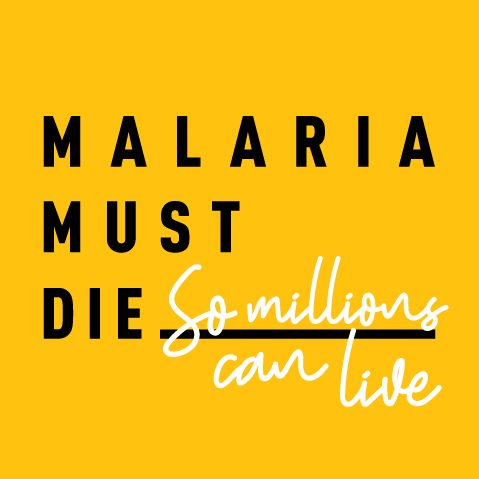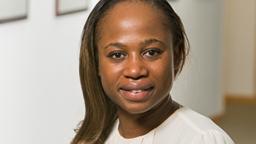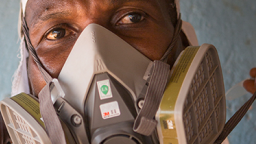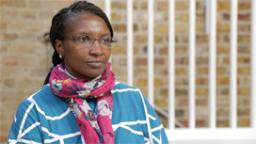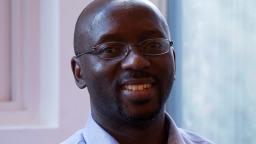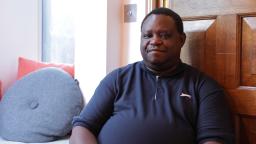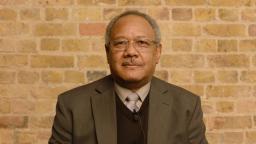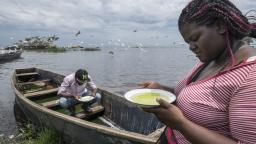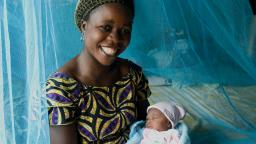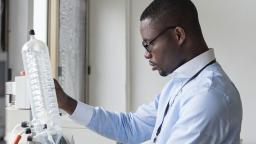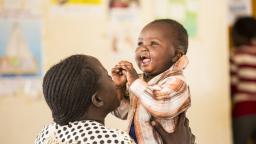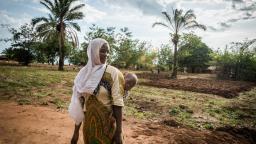I went to work in a rural [Kenyan] hospital and what surprised me was that in the high dependency unit that we had on a night on call, I would admit up to five young children with severe malaria. I was so surprised to find that there were still so many people getting into serious illness and dying from malaria.
Faith Osier, a paediatrician by training, was taken back by the scale of people infected by malaria and its devastating impact in one of her first jobs at a rural district hospital.
Faith has seen how the relationship between poverty and malaria are interconnected. She has seen how the disease devastates the lives of those it touches and their families, and how it can cause long-term effects long after recovering infection – if lucky enough to survive.
To me when I think about the impact of malaria, I really look at a family level. When you have a child that is sick, that's time out for the whole family. Sadly, sometimes the child passes, which is just devastating. There are other children, who are left with a disability because of malaria, such as epilepsy. People are already in difficult circumstances, and the disease puts on them additional burdens - this can be life-long. When you think about the days taken off work, the school lessons that are missed, the medical bills that need to be paid. This is a vicious cycle.
Malaria treatment can cost some families up to a third of their annual income. Faith believes this cycle can be broken through the power of science and research. She moved into research because she believed in its power to end malaria- she believes a vaccine would be the best way to do that.
Her research group is spread over 2 continents, at the KEMRI-Wellcome Trust Research Programme in Kilifi, Kenya & at the Heidelberg University Hospital, in Heidelberg, Germany. Her research programmes have broadly been about malaria immunology - understanding why some people can fight off the disease while others, especially children, are severely affected.
Faith’s vision is to ‘Make Malaria History’ through vaccination and engaging young people to be part of the solution. She trains young African scientists to do basic scientific research in vaccine development against malaria. It is this combined effort will help overcome medical challenges and help improve the physical and economic well-being of sub-Saharan Africa, which carries 93% of the malaria burden.
Faith is part of the Malaria Must Die campaign 2020 - A World Without Malaria. For Faith, this is a world where the future and potential of children is guaranteed:
The day that we announce that malaria is gone, I'll be over the moon because for me I see economic prosperity. I see children who would have had their future wasted. We don't know the potential of the people that we are losing to this disease. I see future heroes. I see scientists who will break additional barriers. I see Premier League footballers. If you look beyond that child and look at what that child could have been had they been given the chance. There's a lot of potential that's simply wasted. And when we have no more malaria, we as a global community will enjoy what we're missing right now.
